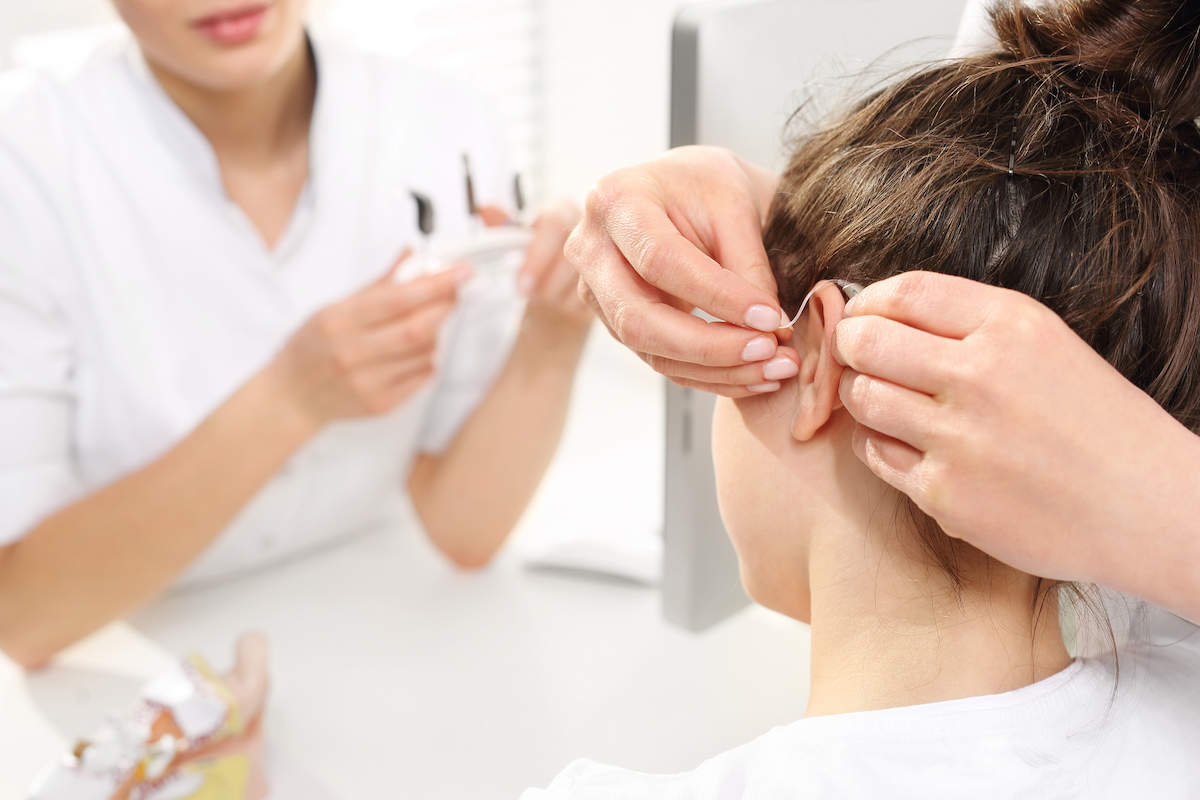As parents, we cherish every moment with our children and want the best for them in every way. Ensuring their overall well-being includes protecting their hearing, a precious sense that often goes overlooked. Noise-induced hearing loss (NIHL) is a growing concern among children in Memphis and across the United States. This blog post unpacks everything parents need to understand concerning the risks of NIHL in children and how to safeguard little ones from this preventable condition.
The Threat of Noise-Induced Hearing Loss
In a world filled with bustling streets, electronic gadgets, and lively events, children are exposed to a range of noise levels on a daily basis. Many parents are unaware that exposure to loud sounds can have lasting effects on their children’s hearing. Noise-induced hearing loss, which can occur at any age, is particularly concerning when it affects kids. So, what exactly is NIHL?
NIHL results from exposure to harmful noise levels that can damage the sensitive structures in the inner ear. Unlike hearing loss due to aging or genetics, NIHL is preventable. The key lies in understanding the risk factors and taking proactive measures to protect your child’s hearing.
Risk Factors for NIHL in Children
Loud Environments:
Prolonged exposure to loud concerts, sporting events, or even amplified music at home can put your child at risk. Always ensure the noise level is safe, and use ear protection when necessary.
Personal Audio Devices:
Children often use headphones or earbuds to enjoy music or watch videos. They may crank up the volume to compensate for background noise, unknowingly putting their hearing at risk. Teach them safe listening habits and limit headphone use.
Toys and Gadgets:
Some toys and electronic devices designed for children can produce high noise levels. Pay attention to the noise levels of toys and gadgets, and consider quieter alternatives.
Household Appliances:
Everyday appliances like vacuum cleaners, blenders, and power tools can be surprisingly loud. Keep a safe distance and limit your child’s exposure to these noisy items.
Temporary or Permanent Hearing Loss: How to Tell
One of the concerns parents often have when they notice changes in their child’s hearing is whether the hearing loss is temporary or permanent. It’s essential to differentiate between the two, as this can guide your approach to addressing the issue.
Temporary hearing loss may result from earwax blockages, ear infections, or exposure to a loud event. In such cases, hearing loss can often be restored with appropriate medical treatment. On the other hand, permanent hearing loss, often caused by prolonged exposure to loud noises, certain medications, or genetic factors, may require long-term solutions like hearing aids or cochlear implants.
If you suspect your child has hearing loss, seeking professional guidance from an audiologist or an ENT specialist is the best way to determine the nature of the hearing loss and develop an appropriate plan for your child’s future hearing health. Early intervention is vital to ensuring the best possible outcome for your child’s hearing.
Protecting Your Child’s Hearing: When Noise Levels Become a Hazard
Safeguarding your child’s hearing is a top priority, and understanding the risks associated with noise is a crucial part of that responsibility. Noise, an integral part of our daily lives, can pose hazards when sound levels exceed safe thresholds.
Your child’s ears are exceptionally sensitive and capable of picking up a wide range of sounds, from gentle whispers to thunderous roars. However, consistent exposure to excessive noise can damage the delicate structures inside their ears, potentially leading to noise-induced hearing loss (NIHL).
Safe noise levels for children typically fall within the range of 70-85 decibels, which, for reference, is akin to regular conversation. Nevertheless, scenarios like heavy traffic, music concerts, or power tools can easily exceed these levels.
To protect your child’s hearing, it’s essential to be vigilant, use ear protection when necessary, set safe volume levels on their personal audio devices, and be mindful of their exposure to loud environments. By staying informed and taking proactive steps, you can ensure your child enjoys a world full of wonderful sounds while preserving their hearing for years to come.
Preserving Your Child’s Hearing from the Threat of Noise-Induced Hearing Loss
The sound of your child’s laughter is one of the greatest joys of parenthood. To ensure these moments are cherished for a lifetime, protecting their hearing from the threat of noise-induced hearing loss is crucial. By understanding the risk factors and taking proactive steps to mitigate them, parents can give their children the gift of a lifetime of healthy hearing.
At ENT Memphis, we are dedicated to the well-being of your child’s hearing health. If you have concerns about your child’s hearing or need guidance on protecting their ears, don’t hesitate to reach out to us. Together, we can create environments where little ears can thrive.




Comments are closed here.